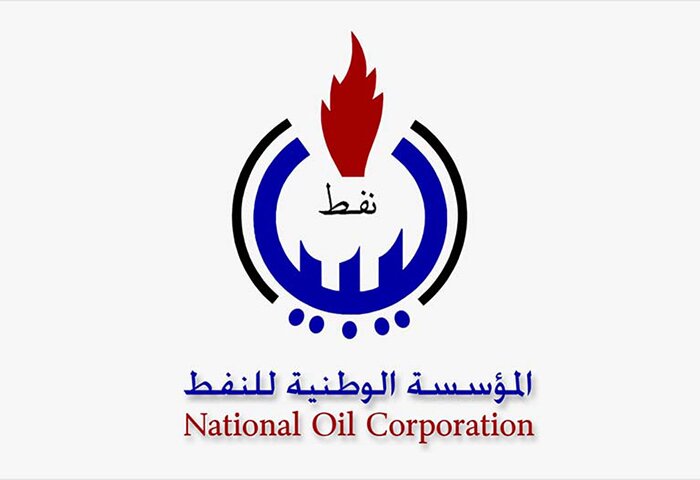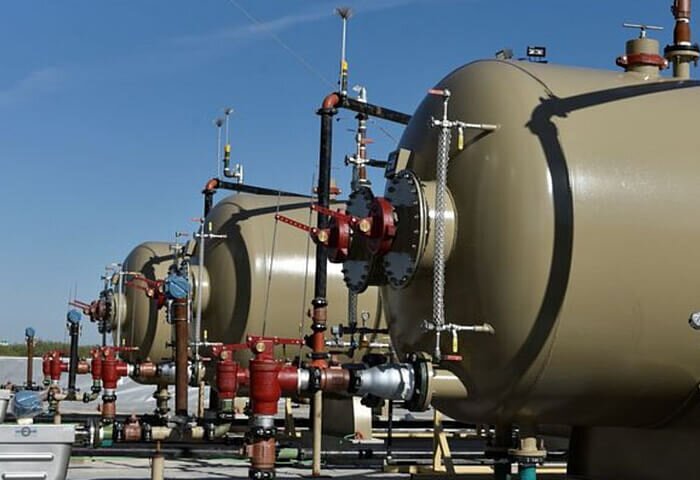After oil exports averaged around 589,000 barrels a day in July post the lifting of the ban on production and shipments, Libya has achieved its target of reaching its optimal level of 1.2 million barrels per day, the National Oil Corporation (NOC) has announced. Whether the 1.2 million barrels per day refers to only crude oil or crude oil plus condensate remains a market guesstimate.
This development comes after the Libyan government replaced a new chairman to run the NOC on 12 July. A mutual understanding between officials, protesters and tribal leaders sought to peacefully restart production and exports after months of stagnation following implementation of ‘force majeure’ in April.
Libya's largest oil field, El Sharara with 300,000 b/d capacity, restarted production at around 180,000 b/d after over six weeks.
Experts feel that this trend could boost the OPEC member’s ability to supply global markets. The OPEC+ members are scheduled to meet on Wednesday to discuss the increase in production in September as requested by US President Joe Biden to tackle energy supply disruptions from Russia. However, no increase in output is being expected from the meeting.
According to a Reuters survey, the Organization of the Petroleum Exporting Countries (OPEC) pumped an extra 310,000 barrels of oil per day in July, with increased supply from the Gulf offsetting outages in Nigeria and Libya. Members delivered nearly 60% of an output hike pledged under a deal with allies.
OPEC pumped 28.98 million barrels per day (bpd) of crude last month, the survey found, up 310,000 bpd from June's revised total.
Some 240,000 bpd of that increase came from the 10 OPEC producers who had signed up to an agreement between OPEC and allies led by Russia - a group known as OPEC+ - in which they had pledged to boost output by an extra 412,000 bpd. The deal called for a 648,000 bpd increase in July and August from all OPEC+ members, including the 412,000 bpd from OPEC signatories.
The biggest increase in production, of 150,000 bpd, came from top exporter Saudi Arabia, the survey found, although the kingdom continued to pump less than its target.
OPEC+ is compensating for the 2020 output cuts made due to the pandemic, though many are lagging in their full capacity output. OPEC and its allies had taken nearly 10 million barrels off the oil market in 2020, as the first wave of Covid-19 diminished demands.
Separately, Haitham Al Ghais, the newly appointed Secretary-General of OPEC has said that the UAE has a major, important and pivotal role in securing oil supplies around the world as one of the world's largest oil producers.
Al Ghais extended his sincere thanks and gratitude to President His Highness Sheikh Mohamed bin Zayed Al Nahyan for the UAE's support of his candidacy. He also expressed his appreciation to Suhail bin Mohammed Al Mazrouei, Minister of Energy and Infrastructure, and other proponents who helped garner the support of all OPEC member states, leading to his election last January.










